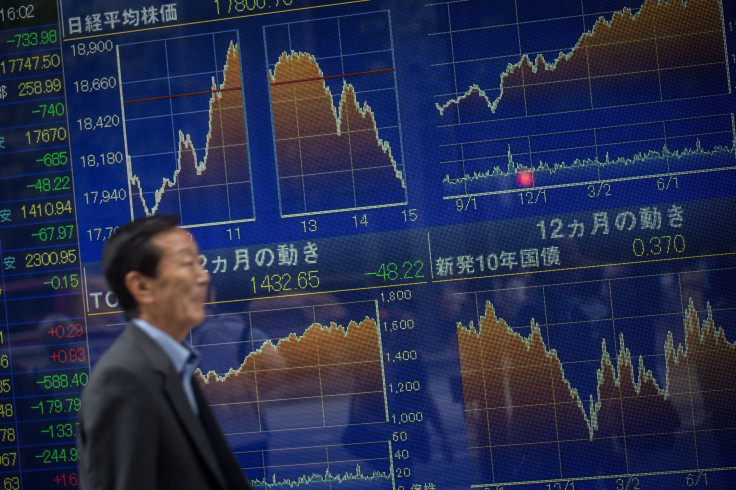China's Economic Slowdown, Tumbling Commodity Prices Threaten Global Economy, IMF Warns

A rise in financial market volatility and China’s economic slowdown have raised risks to economic growth around the world, the International Monetary Fund (IMF) warned, in a report on the state of the global economy. The report, released Wednesday, was prepared for a meeting of G20 finance ministers and central bank governors later this week in Ankara, Turkey.
“Global growth in the first half of 2015 was lower than in the second half of 2014, reflecting a further slowdown in emerging economies and a weaker recovery in advanced economies,” the IMF said, in the report. “Near-term downside risks for emerging economies have increased, given the combination of China's growth transition, lower commodity prices … and capital flow reversals and disruptive asset price shifts.”
Chinese shares, which hit a seven-year peak in June, have since shed nearly 40 percent of their value, despite attempts by the government and regulators to prop up the market. The rapid deceleration in Chinese growth also pulled investors from other emerging economies, clouding the outlook for Asian economies, currencies and markets.
According to the IMF, China’s economic slowdown, though long anticipated, “appears to have larger-than-previously-envisaged cross-border repercussions.”
In its quarterly report in July, the IMF reduced its forecast for global growth to 3.3 percent from 3.5 percent -- reflecting a growth of 2.1 percent in advanced economies and 4.2 percent in emerging markets and developing economies. China is expected to grow 6.8 percent, down from 7.4 percent last year.
The latest report did not revise these economic forecasts.
“In emerging economies growth this year is projected to slow again relative to 2014; some rebound is projected next year, as conditions in distressed economies, while remaining difficult, are projected to improve,” the IMF said, in the report.
Additionally, the IMF also urged both emerging and developed nations to overhaul their economies to make them more competitive, lending support to more central bank easing in order to spur growth.
© Copyright IBTimes 2024. All rights reserved.





















